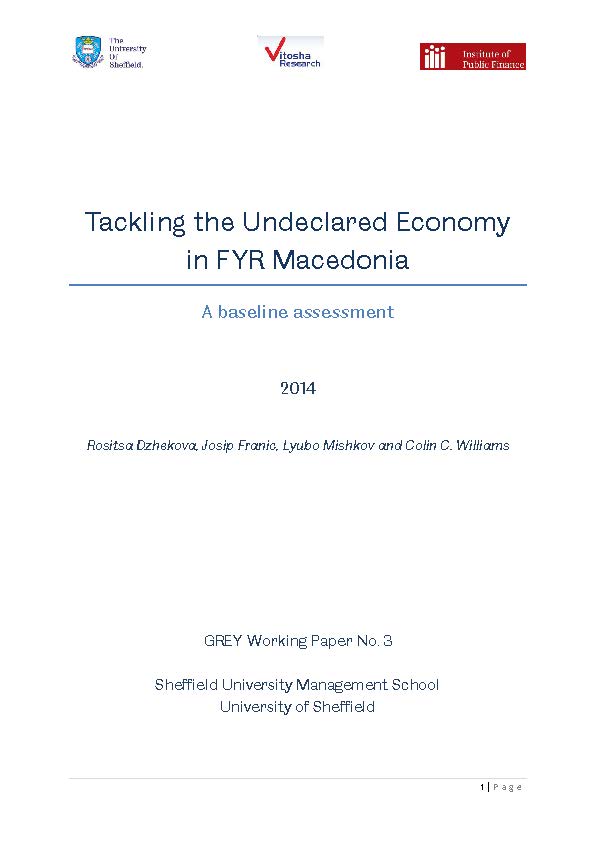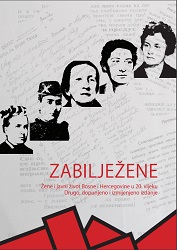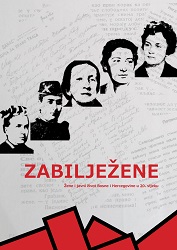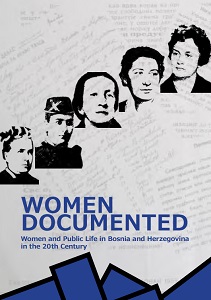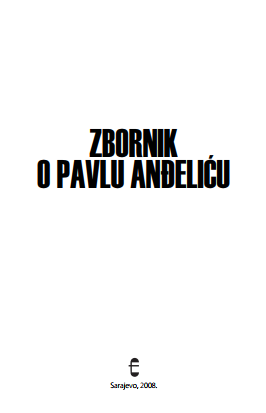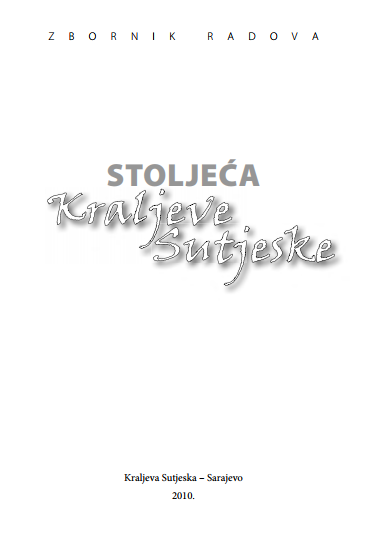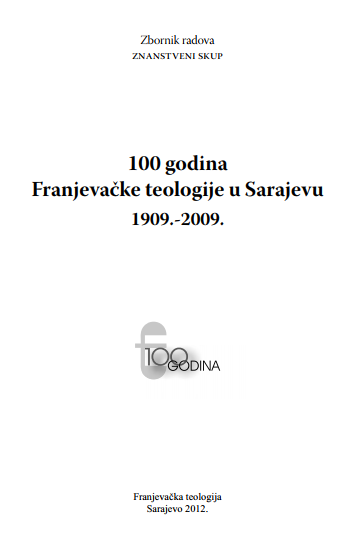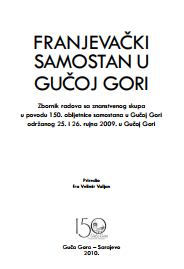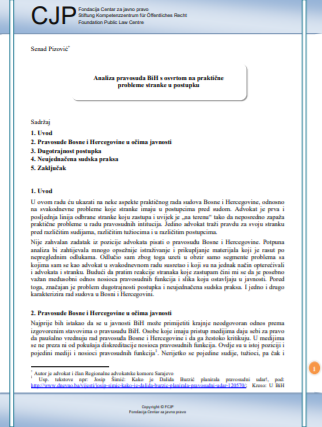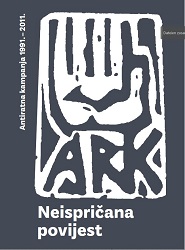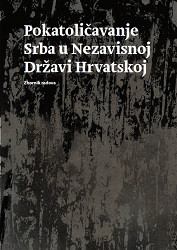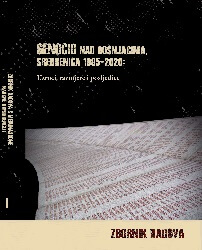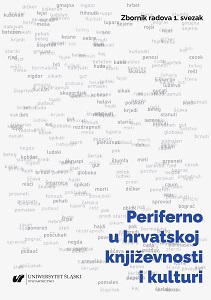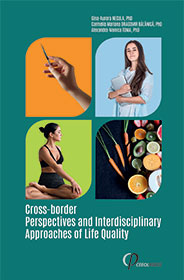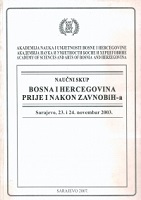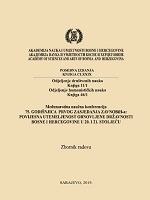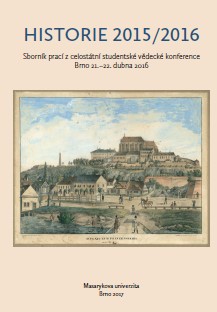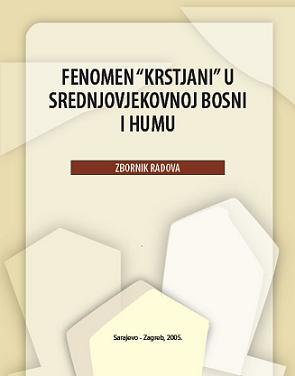
Franciscans and 'Krstjani' of Bosnia and Hum
Franjevci i bosansko-humski krstjani
The rise of the Franciscan order in Bosnia provokes great interest among historians. They emerged at the junction of two cultures: they inherited tolerance and perseverance from the East-Byzantium and the West offered them constant support and refreshment. From a historical context, it is clear that the first Franciscan cases appeared after the Bosnian bishop relocated to Đakovo and the pressures from Hungarian-Croatian rulers on Bosnia diminished together with Dominican activities. Thus they left the territory to the non-coreligionist Church of Bosnia and the Franciscans got their chance. With the founding the Bosnian vicary, Franciscan missionaries arrived from different parts of Europe. It seems that not many of them arrived, but those that came had trouble adapting to conditions in Bosnia and were, sometimes, influenced by political and church situation in their country. Since the vicary was soon separated from the Bosnian geographical territory, the foreign missionaries remained in the region across the Sava River. Those who did not learn the local language or accepted the Old Slavic liturgical practice had no chance for a successful long-term career. Many sources, either directly or indirectly, speak of the Franciscan success. During the 15th century, according to the sources, the Franciscans converted the majority of the population of Bosnia and Hum to Catholicism, refreshed it and gave it a more conspicuously western, Roman character. Even the oldest of Ottoman defters and a great number of Catholics in the region of Tuzla even fifty years after the Ottoman conquest confirm this.
More...
